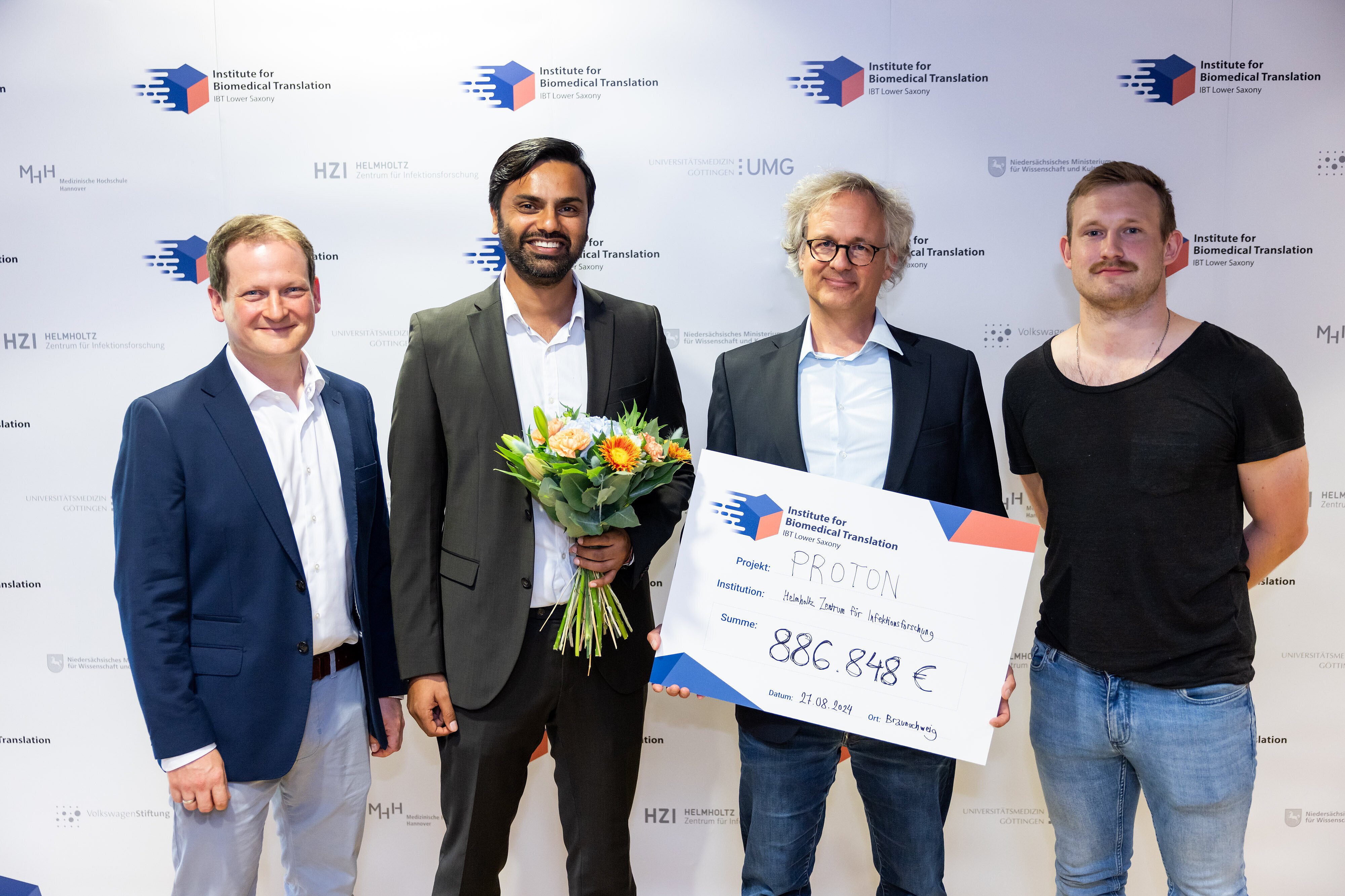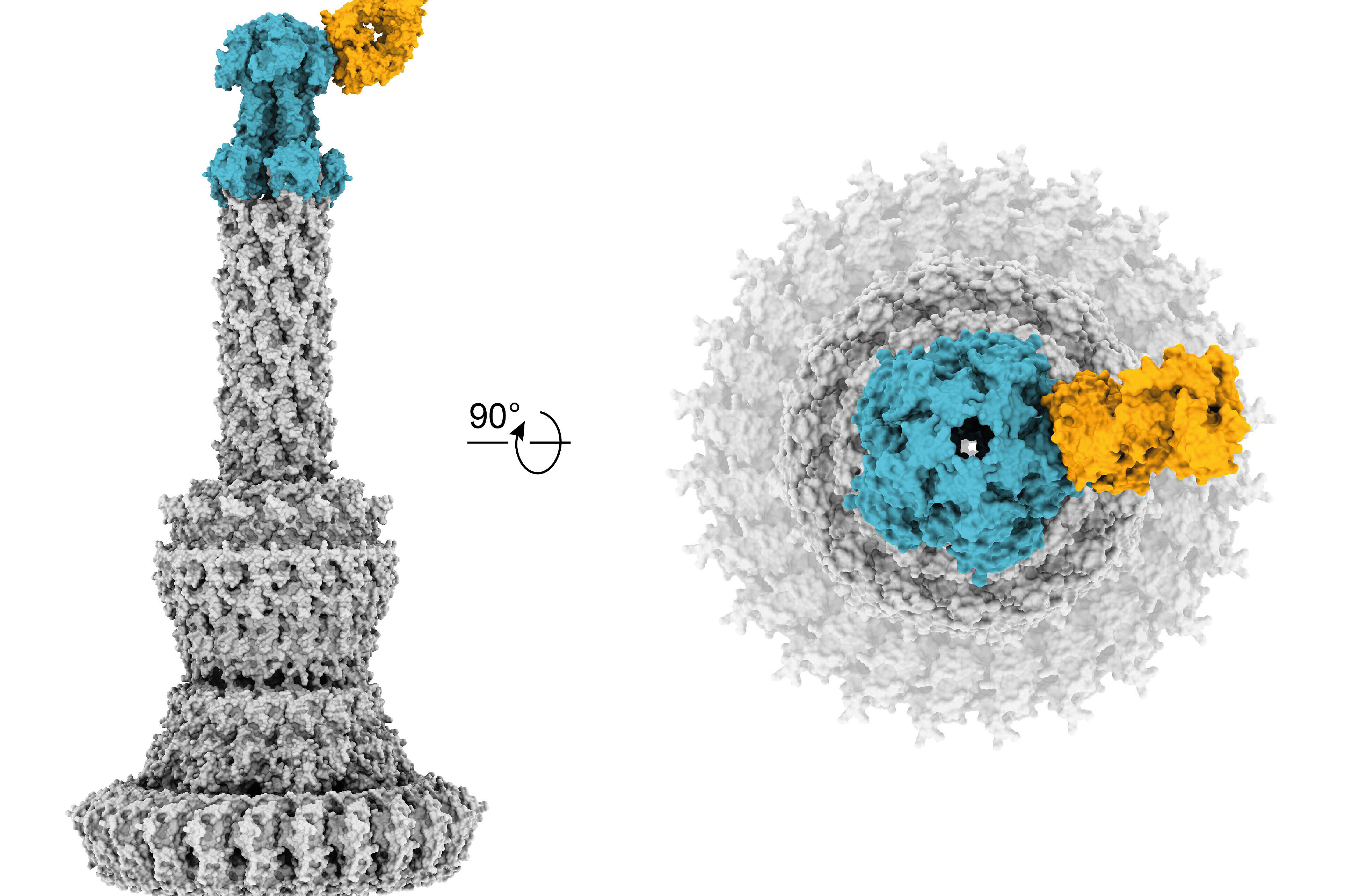At the 29th Annual Meeting of the Paul Ehrlich Society, researchers, clinicians and representatives of the pharmaceutical industry are therefore making an urgent appeal to the German government to develop economic regulations to enable the development and commercialisation of new antibiotics in the long term. Together, they are pursuing the goal of improving the conditions for the development of new, resistance-breaking antibiotics. Prof. Mark Brönstrup, head of the department “Chemical Biology” at the Helmholtz Centre for Infection Research (HZI), is among the signees of the appeal.
The research pipeline for new antibiotics is virtually empty. The reason: pharmaceutical companies are increasingly abandoning antibiotic development and production. The usual market mechanisms do not work for antibiotics, as they can only be used very restrictively in order to delay the development of new resistances. This means that only very small quantities can be sold—the turnover that can be achieved is nowhere near enough to cover the costs of developing and marketing the antibiotics.
Other mechanisms need to be found to incentivise the development of new, resistance-breaking antibiotics and make them affordable—for example, through new reimbursement models that are decoupled from the sale of antibiotics. Discussions on such new reimbursement models include generating additional revenue by extending the exclusive sale of another drug, which would benefit the company that has developed a new antibiotic.
At the PEG conference, therapies with bacteriophages and the use of active substances that weaken bacteria and thus prevent their pathogenic effect (pathoblockers) will also be presented as possible future alternatives to antibiotics. The establishment of new market mechanisms for antibiotics and research into alternative anti-infectives are essential in view of increasing resistance.





